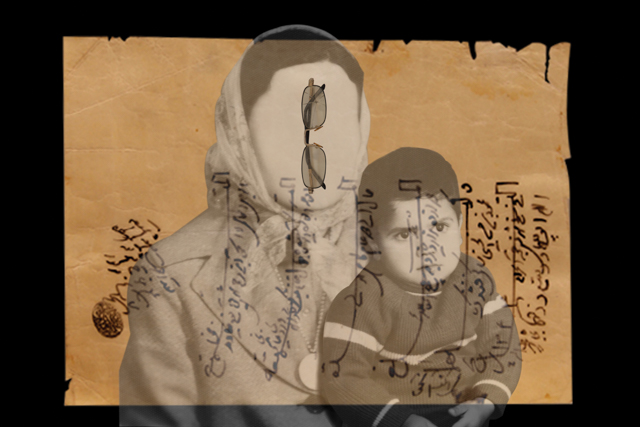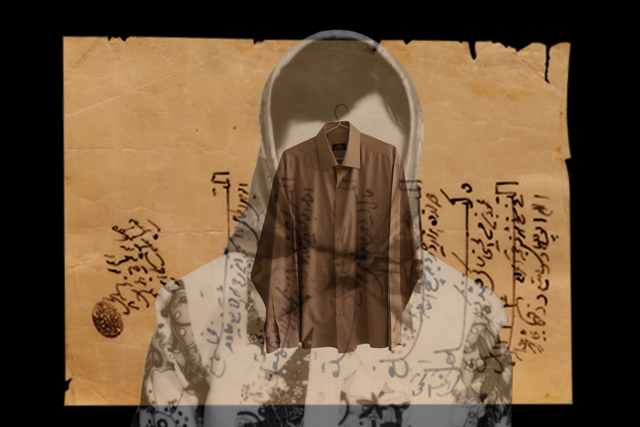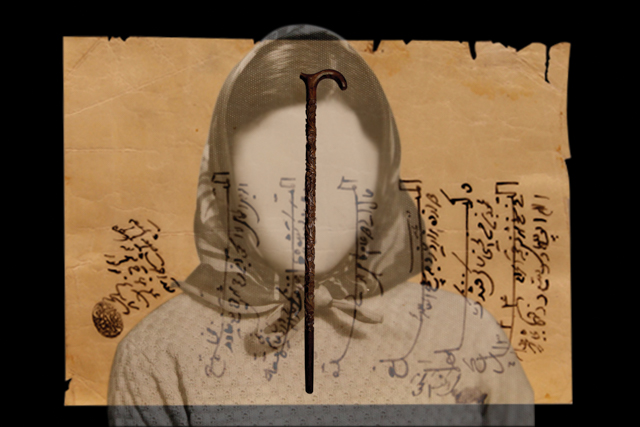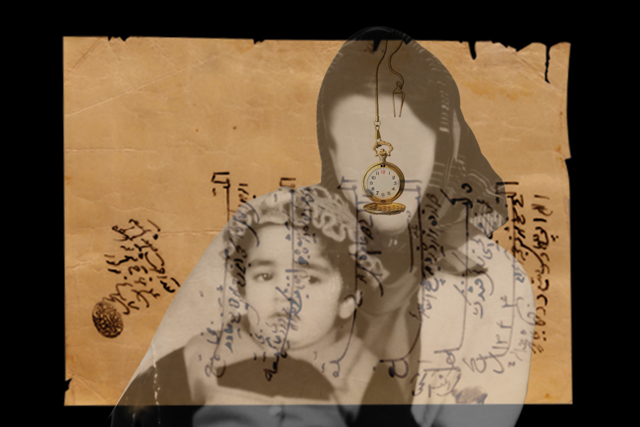Azam Shadpour ◄
“I can only wait for the final amnesia, the one that can erase an entire life.” —Luis Bunuel
“One day, grandma started to put salt in grandpa’s cup of tea, deposit his clothes in the fridge, and hide his socks inside the Darjeeling tea box on the samovar stand, which was once the only commode television set in the neighborhood. One day, grandma decided to sit next to her only grandchild, who had just returned from his journey, starting to moan about how much she has missed her grandchild, who is now living far away. She started to throw her denture for the neighbor’s cat, and receive instead a toothless smile from the sunshine. One day, grandma started to ramble on about all that is under the sun, under the command of His Excellency, the Alzheimer’s.
Meanwhile, grandpa, whose memory was working like the Swiss watch on his wrist, was determined not to give in to such a sinister scenario. Day in and day out, he would stand in front of His Excellency’s full-length portrait, staring at his morose face—and deny him. He would swing his index finger like a pendulum to show him who the boss is under that roof.” (From His Excellency, the Alzheimer’s, written by Erfan Mojib) In the traditional Iranian society, patriarchy has always been an issue in the family: the men has all the power, social privileges, possessions, and respect. Using rules or language, traditions and customs, male chauvinism would decide what role women ought or ought not to assume in the society. In this structure, women are always under the commands of men. Inspired by the story, these images depict a woman, who has lived with her patriarchal husband for a long time and now is suffering from Alzheimer’s disease: she will no longer be rules by the man.







